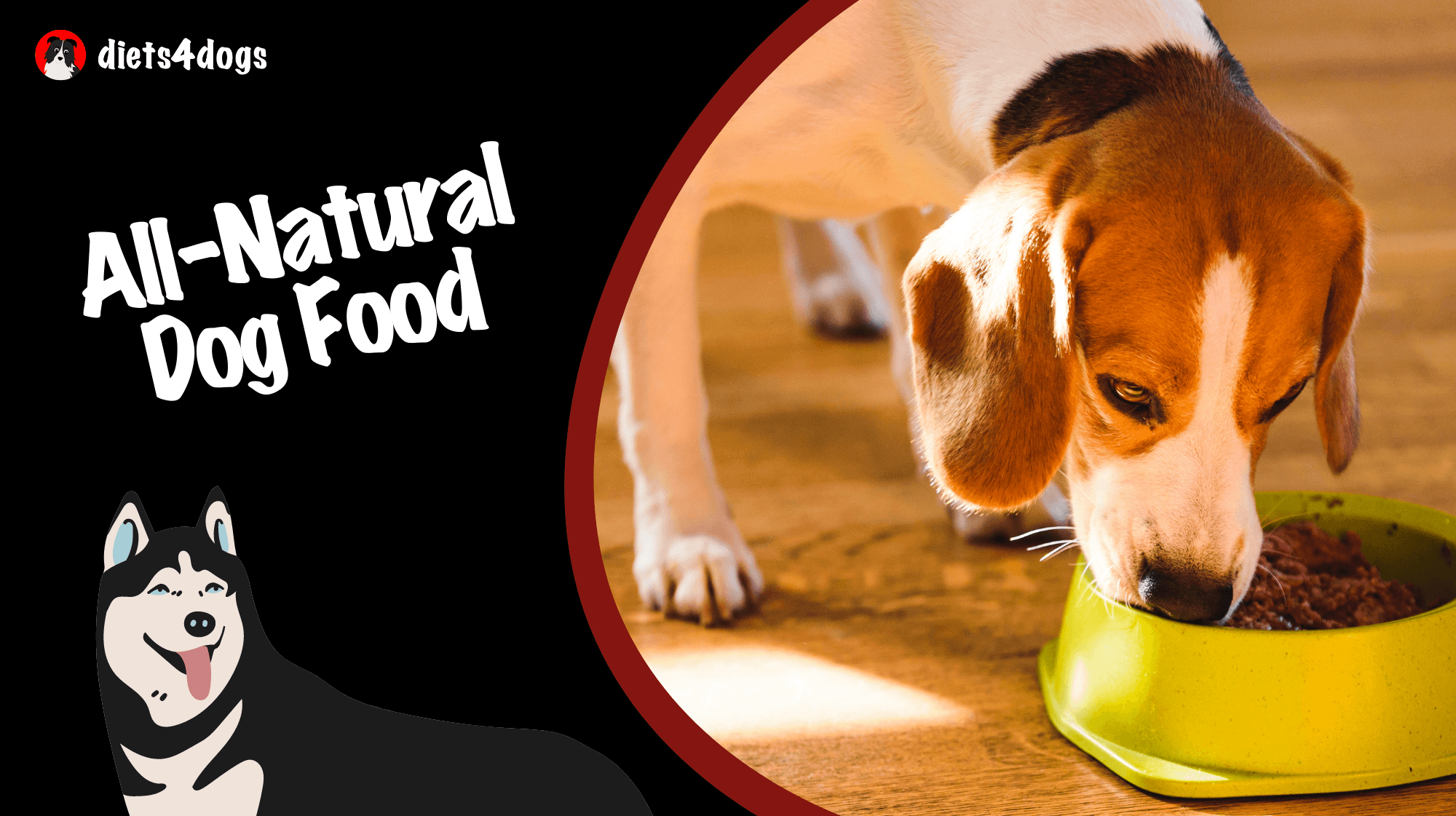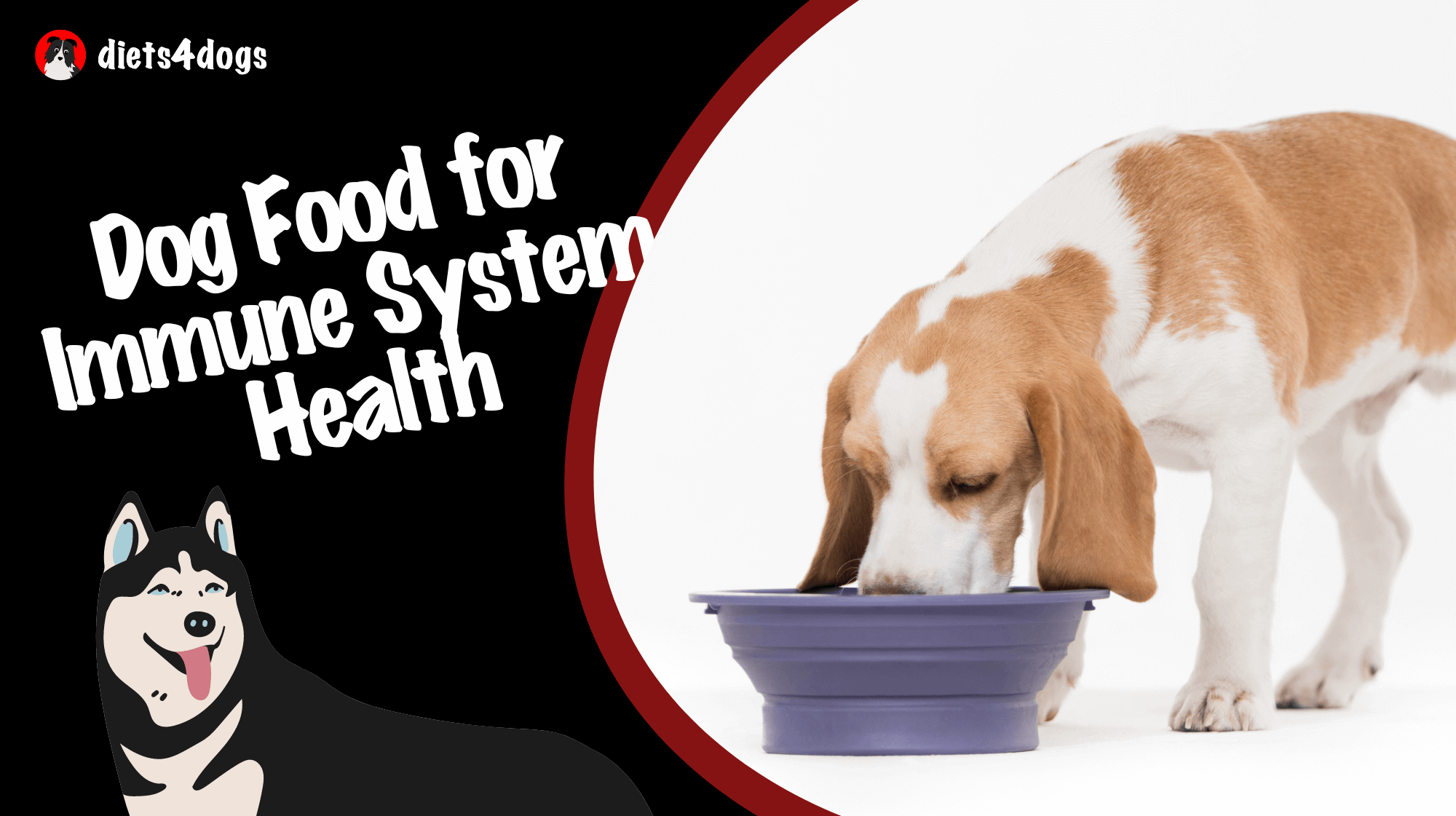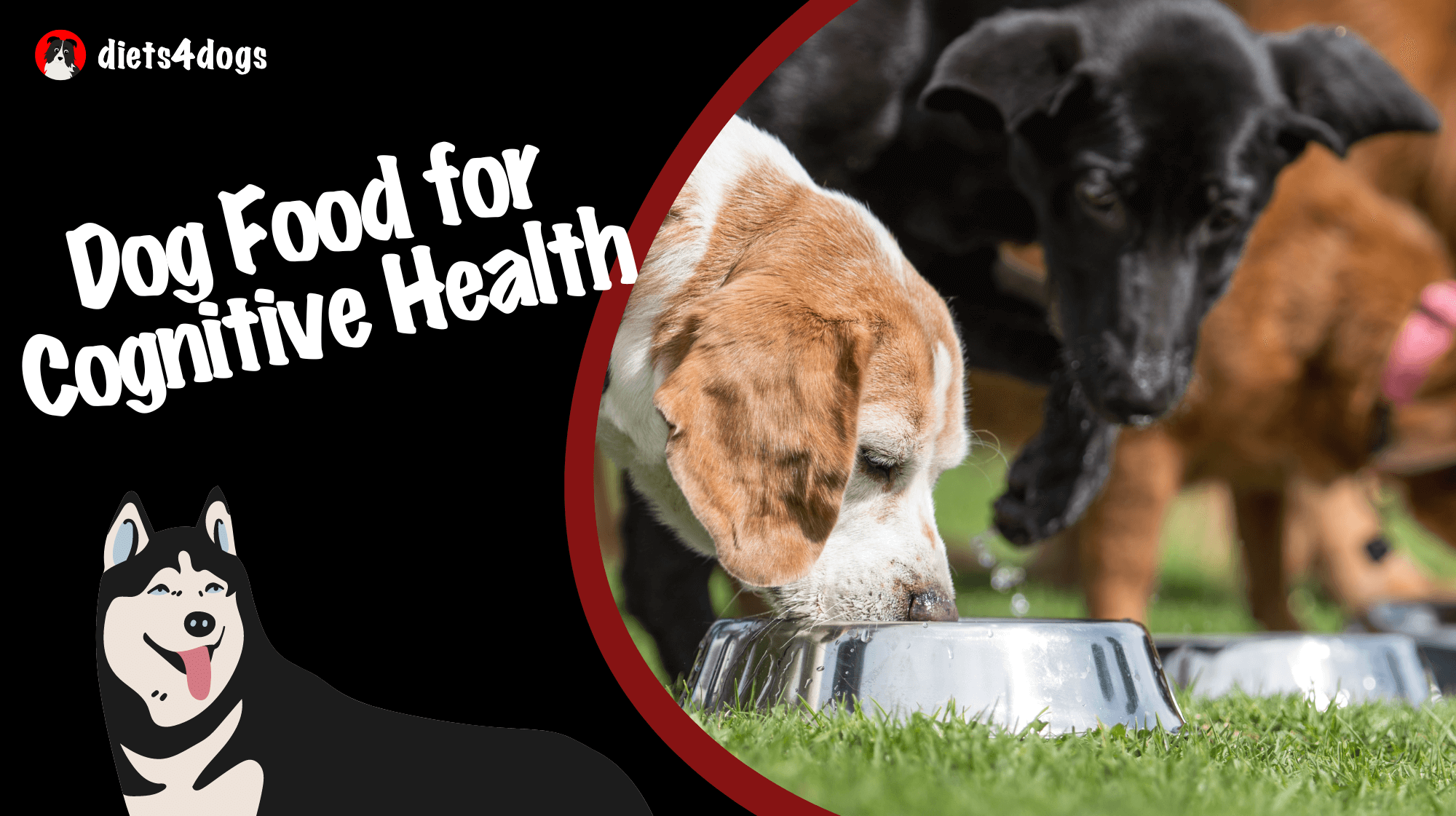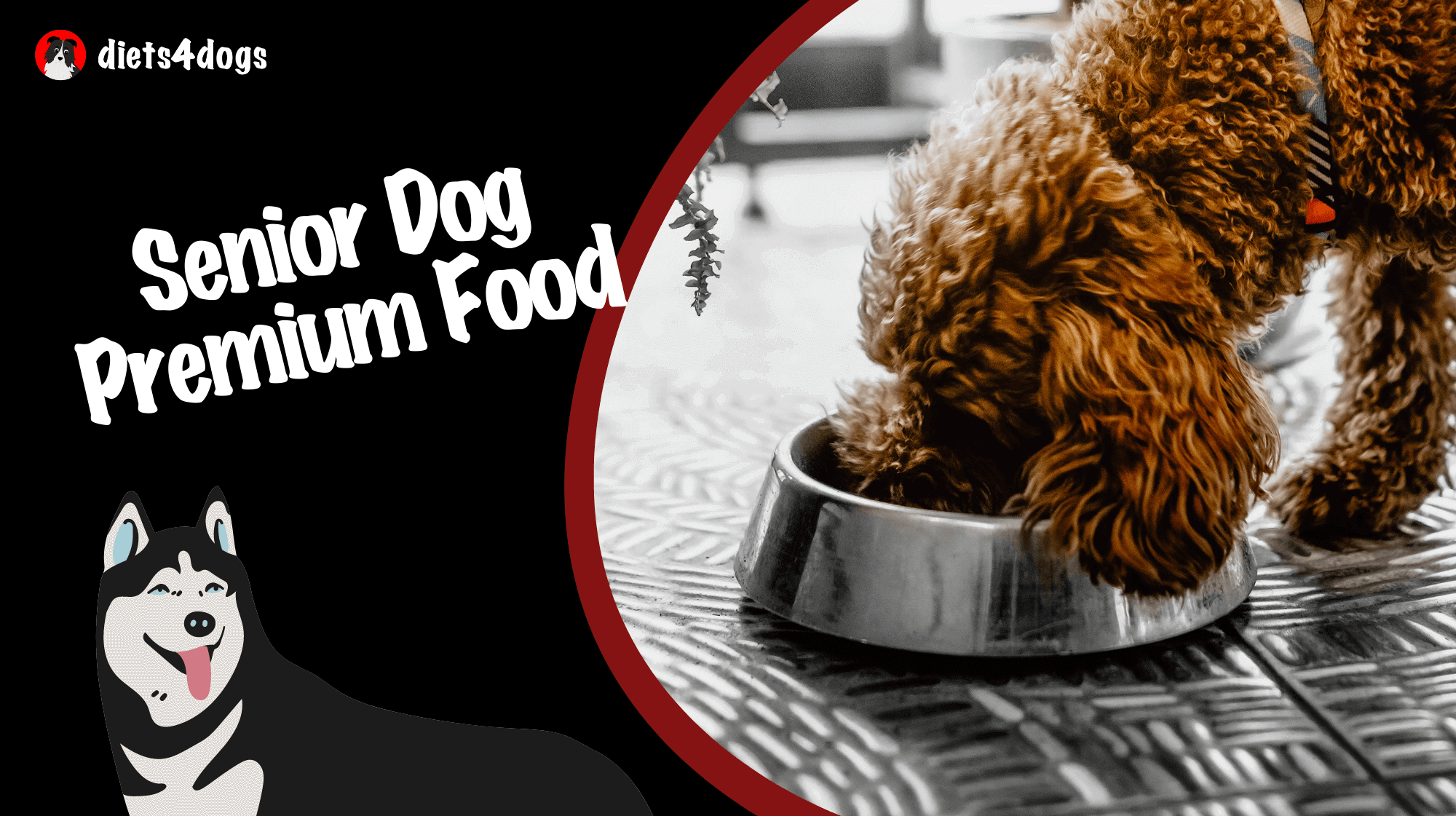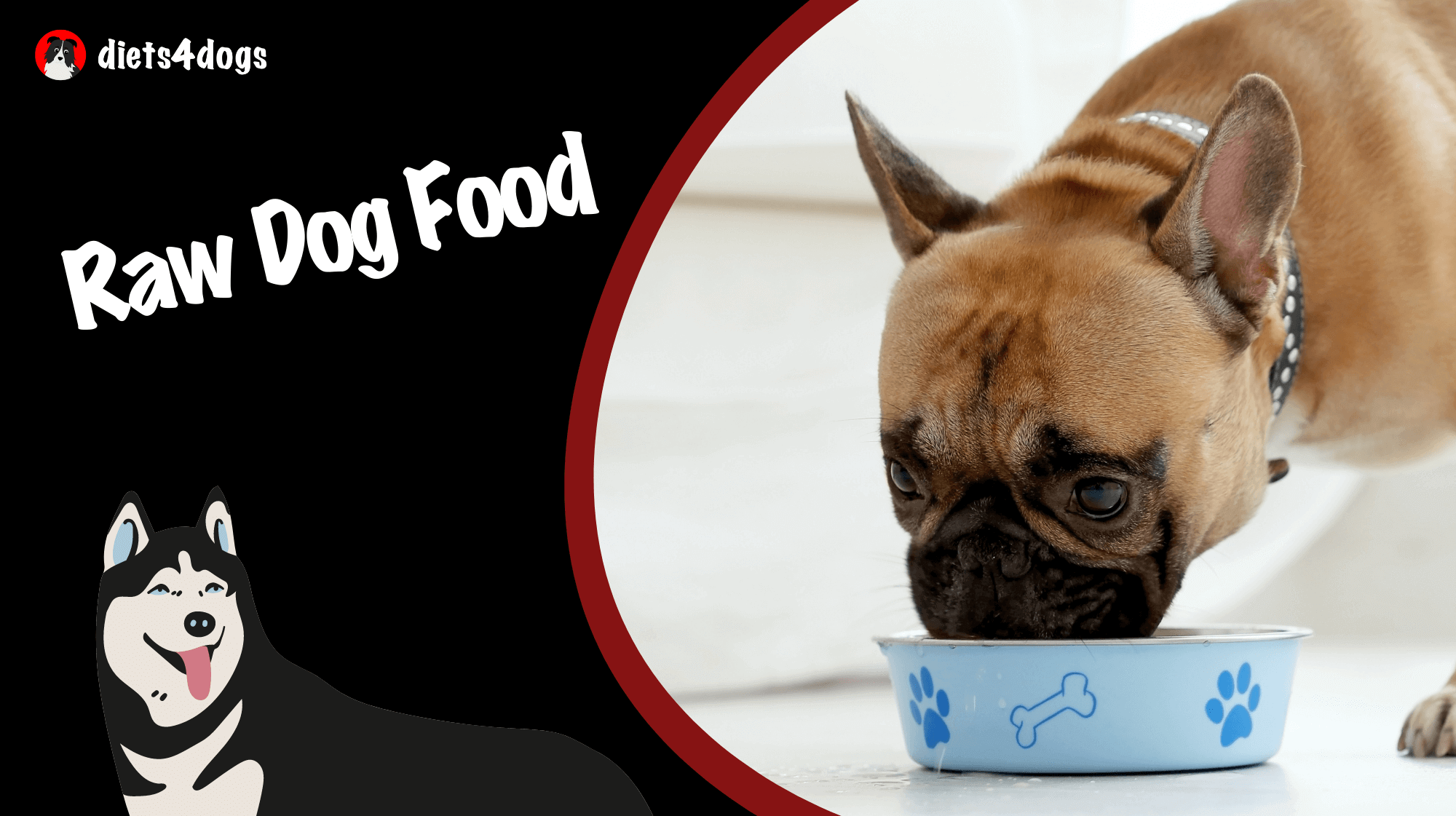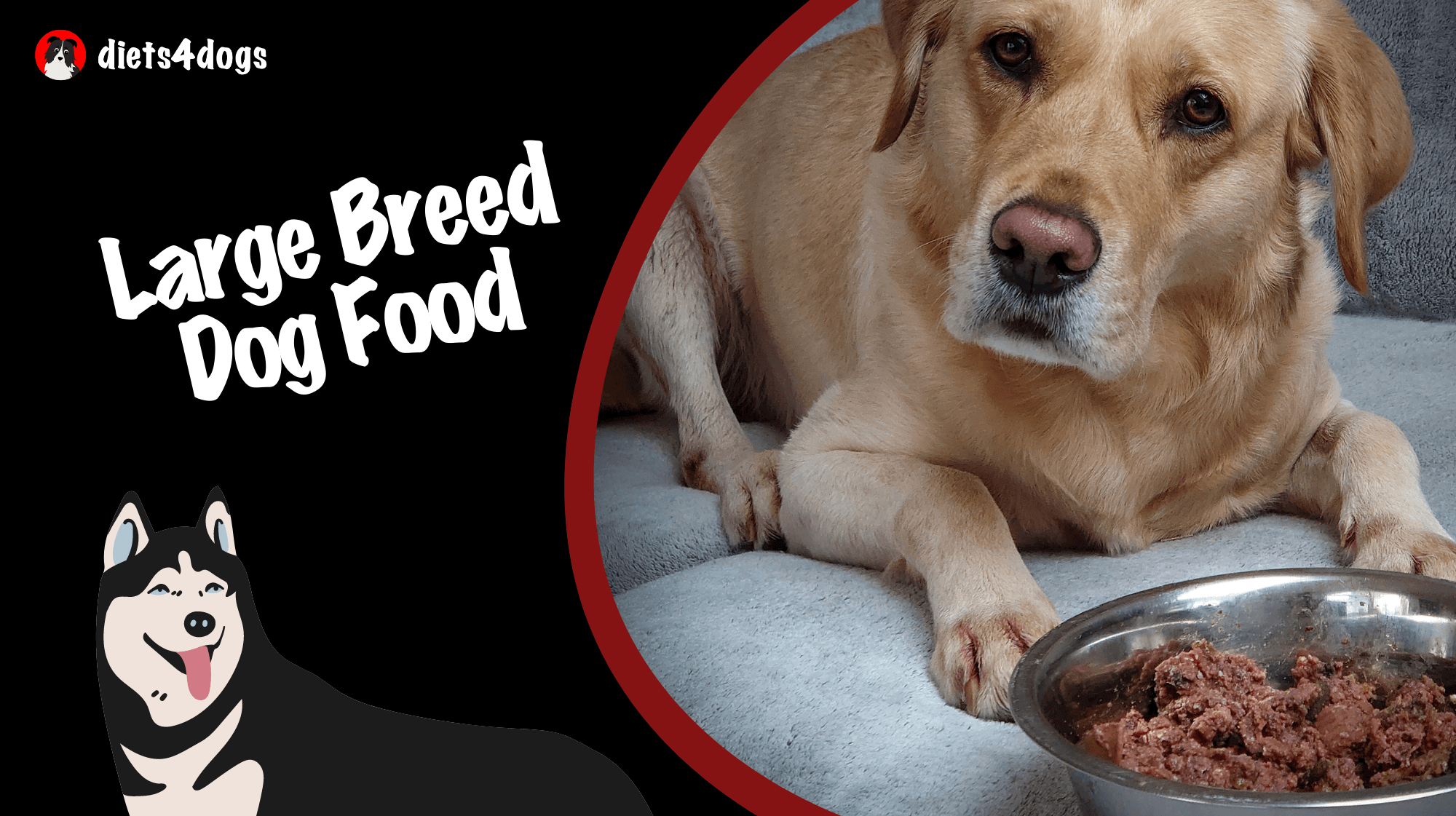Calling all dog parents, let’s demystify the cacophony of labels on premium dog food! Have you ever found yourself baffled while scrutinizing the seemingly never-ending shelves of dog food, wondering what on earth “all-natural” really means? Fear not, we’re here to decipher the jargon and guide you through the labyrinth of premium labels. Join us in this fun and informative blog post as we unmask the world of all-natural dog food, unravel its potential benefits, and unleash the secrets behind premium labels. Together, we will embark on an adventure to find the most scrumptious, nutrient-rich options for your beloved furry family member!
All-Natural Dog Food: Decoding Premium Labels
All-natural dog food refers to products made with wholesome, natural ingredients, free from artificial additives, colors, and preservatives. Premium labels indicate high-quality, nutrient-dense food options for your canine companions. To decode these labels, check for AAFCO-approved terminology, natural ingredients, and a dog-appropriate nutritional balance. By distinguishing between genuinely natural options and marketing tricks, you can ensure you’re selecting the best all-natural dog food for your dog’s health and happiness.
What “All-Natural” Really Means
The term “all-natural” can be quite confusing when it comes to dog food, as it’s not always rigorously regulated. Generally, all-natural dog food should consist of ingredients derived from whole foods, without synthetic components or artificial additives. Let’s dive deeper into understanding what it takes for a dog food brand to use the term “all-natural” on their labels.
AAFCO Guidelines
The Association of American Feed Control Officials (AAFCO) provides guidelines for pet food manufacturing, including labeling standards for all-natural claims. According to AAFCO, an all-natural product must not contain any chemically synthesized ingredients, with the exception of essential vitamins and minerals. Keep your eyes peeled for AAFCO’s approval on dog food labels, as this serves as a green flag for adhering to the all-natural criteria.
Benefits of All-Natural Dog Food
Premium dog food made with all-natural ingredients may provide a variety of benefits for your furry friend over the long run. Let’s break down some of these paw-sitive advantages:
Enhanced Nutrition
All-natural ingredients are typically more nutrient-dense than their processed counterparts, providing your pooch with the essential vitamins, minerals, and antioxidants they require to thrive. Foods containing whole, natural ingredients are more easily absorbed and utilized by your dog’s body, contributing to their overall health and wellness.
Improved Digestion
By cutting out artificial additives and fillers, all-natural dog food often contains high-quality fiber sources, which can promote proper digestion and better gastrointestinal health in your canine companion.
Fewer Allergens and Sensitivities
Some dogs may develop allergies or sensitivities to artificial ingredients, colors, or preservatives. Feeding your dog an all-natural diet can help minimize the risk of adverse reactions, improving their overall quality of life.
Decode Premium Labels Like a Pro
Not all dog food labeled as “all-natural” is created equal. Here are some tips for decoding premium labels to ensure you’re choosing the best options for your canine companion:
Real Protein Sources
Look for high-quality, named protein sources on the label, such as chicken, turkey, beef, or fish. A specific protein name is a positive sign, while ambiguous terms like “meat” or “animal by-products” should raise a red flag.
Healthy Fats and Carbohydrates
Spot check for healthy sources of fats and carbohydrates, such as flaxseed, coconut oil, or sweet potatoes. Steer clear of products containing unhealthy, hydrogenated oils or simple carbohydrates like corn syrup.
Ingredient Quality
Alongside the ingredients themselves, consider their quality as well. Ideally, opt for dog food with ingredients sourced from regulated facilities and, where possible, choose organic or non-GMO options.
Check the Ratio
A balanced diet should include an appropriate protein-to-fat-to-carbohydrate ratio. This may vary depending on your dog’s breed, age, and activity level. Consult with your veterinarian to determine the ideal balance between these macronutrients for your individual dog.
Expiration Date
Be mindful of the expiration date on the packaging. Natural ingredients may have a shorter shelf life, so make sure you purchase products with ample time for consumption.
Beware of Sneaky Marketing Tactics
Remember, certain marketing terms and phrases can be used to create a false sense of premium quality. Keep a vigilant eye on labels and avoid “buzzwords” that don’t necessarily translate into tangible benefits. Understanding the difference between genuine high-quality, all-natural options, and clever marketing can make all the difference in choosing the best premium dog food for your furry friend.
Understanding Nutritional Needs and Life Stages
Dogs, like their pet parents, have unique nutritional requirements that change with age, breed, activity level, and overall health. Considering all of these factors is essential when selecting dog food for optimal dog nutrition. Ensuring that the all-natural option you choose meets these requirements prevents unnecessary health problems and keeps your furry friend feeling their best. So, let’s explore the nutritional differences for your canine buddy’s life stages:
Puppies and Juveniles
Our furry youngsters need more calories, protein, and healthy fats than adults to support their rapid growth and development. Proper dog nutrition at this stage is crucial for strong bones and muscle, brain function, and organ health. When choosing all-natural dog food for puppies, look for products specifically formulated for their age, breed, and size to ensure they receive the essential nutrients they need to grow up healthy and strong.
Adults
As your pet enters adulthood, their energy levels may stabilize and the need for certain nutrients will shift. The focus should be on maintaining optimal health, well-being, and weight. Monitor the proportion of protein, fats, and carbohydrates, and adjust the feeding schedule accordingly. Adult dogs generally require fewer calories compared to puppies, and following feeding guidelines from the food label, as well as seeking advice from a veterinarian, is vital.
Seniors
All good things must come to an end, which means our beloved four-legged friends will eventually reach their golden years. Senior dogs often face age-related challenges, so keeping them on a diet specifically designed for seniors can help maintain their health, mobility, and quality of life. Switch to an all-natural dog food formula crafted for seniors, offering them ingredients that help support joint health, cognitive function, and optimal weight management.
Top Ingredients to Look For and Avoid
Now that we understand the importance of dog nutrition for various life stages, let’s discuss some ingredients to actively seek out and those to steer clear of when choosing all-natural dog food.
Ingredients to Look For:
- High-quality, specifically named protein sources (e.g., chicken, beef, salmon)
- Healthy fats (e.g., flaxseed, fish oil, coconut oil)
- Complex carbohydrates (e.g., sweet potatoes, brown rice, barley)
- Fruits and vegetables rich in vitamins and antioxidants (e.g., blueberries, spinach, carrots)
- Fiber sources for digestive health (e.g., peas, pumpkin, oatmeal)
Ingredients to Avoid:
- Renders and by-products (e.g., meat meal, bone meal, animal by-products)
- Artificial colors, flavors, and preservatives (e.g., BHT, BHA, propylene glycol)
- Excessive fillers (e.g., corn gluten meal, wheat mill run)
- Unhealthy fats or oils (e.g., animal fat not sourced from a specific protein)
- Excess salt and sugar (e.g., corn syrup, artificial sweeteners)
By paying close attention to these aspects of premium dog food labels, and considering your canine companion’s unique nutritional needs, you can confidently navigate the world of all-natural dog food and make informed choices for the best nutrition possible.
Frequently Asked Questions
As a pet parent, it’s natural to have questions about transitioning to all-natural dog food and understanding premium labels. In this FAQ section, we’ve compiled a list of common questions and quick answers to help you provide the best nutrition for your furry family member.
1. What is considered all-natural dog food?
All-natural dog food is made from whole food ingredients without synthetic additives, artificial colors, or preservatives. It should contain high-quality proteins, healthy fats, and carbohydrates.
2. How is all-natural dog food regulated?
The Association of American Feed Control Officials (AAFCO) provides guidelines for pet food, including labeling standards for all-natural claims. AAFCO-approved terminology, which indicates adherence to natural criteria, is a key factor to look for when considering these products.
3. Are there benefits to feeding all-natural dog food?
Yes, all-natural dog food may have numerous benefits such as improved digestion, fewer allergens and sensitivities, and better nutrient absorption, ultimately enhancing your dog’s overall health and wellness.
4. What should I look for in a high-quality, all-natural dog food?
Seek out products with named protein sources, healthy fats and carbohydrates, high-quality ingredients, an appropriate macronutrient balance, and a reasonable expiration date.
Determine the accuracy of premium labels by looking for AAFCO approval and comparing the ingredient list to all-natural guidelines. Evaluate the quality of the ingredients, ratios, and adherence to regulations to make an informed decision.
6. Which dog food ingredients should I avoid?
Avoid dog foods containing renders and by-products, artificial colors, flavors, and preservatives, excessive fillers, unhealthy fats or oils, and an excessive amount of salt and sugar.
7. How can I ensure a well-balanced diet for my dog?
Consult with your veterinarian to determine the ideal balance between protein, fats, and carbohydrates for your individual dog’s breed, age, and activity level. Choose all-natural dog food with proper nutritional ratios that best suit your dog’s nutritional needs.
8. How do nutritional requirements change throughout my dog’s life stages?
Nutritional requirements differ with age, breed, and activity level. Puppies require more calories, protein, and healthy fats, whereas adult dogs need a healthy balance for maintenance, and seniors benefit from diets tailored to their age-related health concerns.
9. Are organic and all-natural dog foods the same thing?
No, organic and all-natural dog foods are not identical. While all-natural focuses on whole food ingredients and the absence of synthetic additives, organic dog food meets specific government-regulated standards for organic-certified ingredients and production.
10. Can dogs with food sensitivities or allergies benefit from all-natural dog food?
Yes, dogs with food sensitivities or allergies may benefit from all-natural dog food, as it generally contains fewer allergens and artificial ingredients that commonly trigger adverse reactions. Always consult your veterinarian before making dietary changes for allergic dogs.

